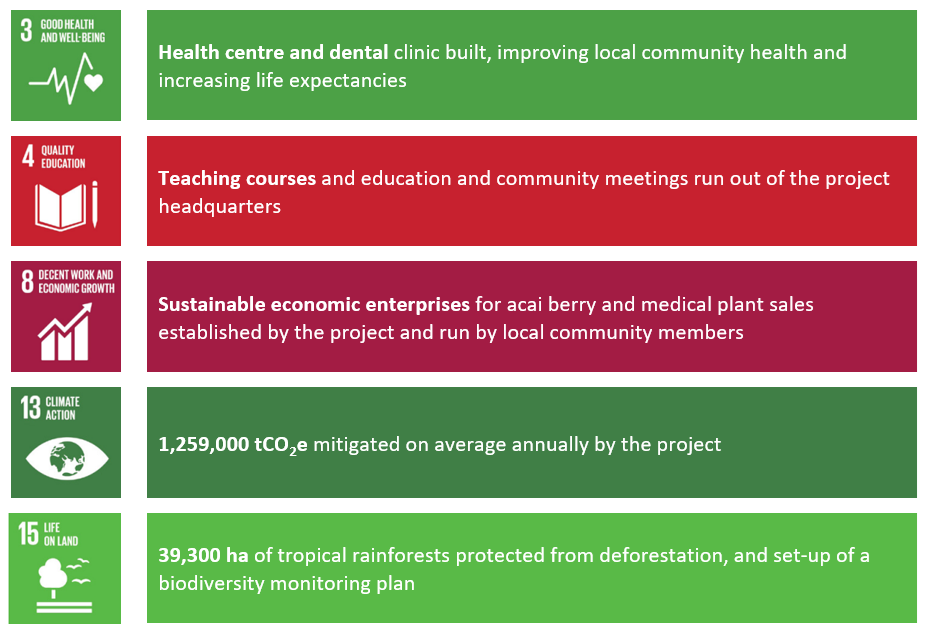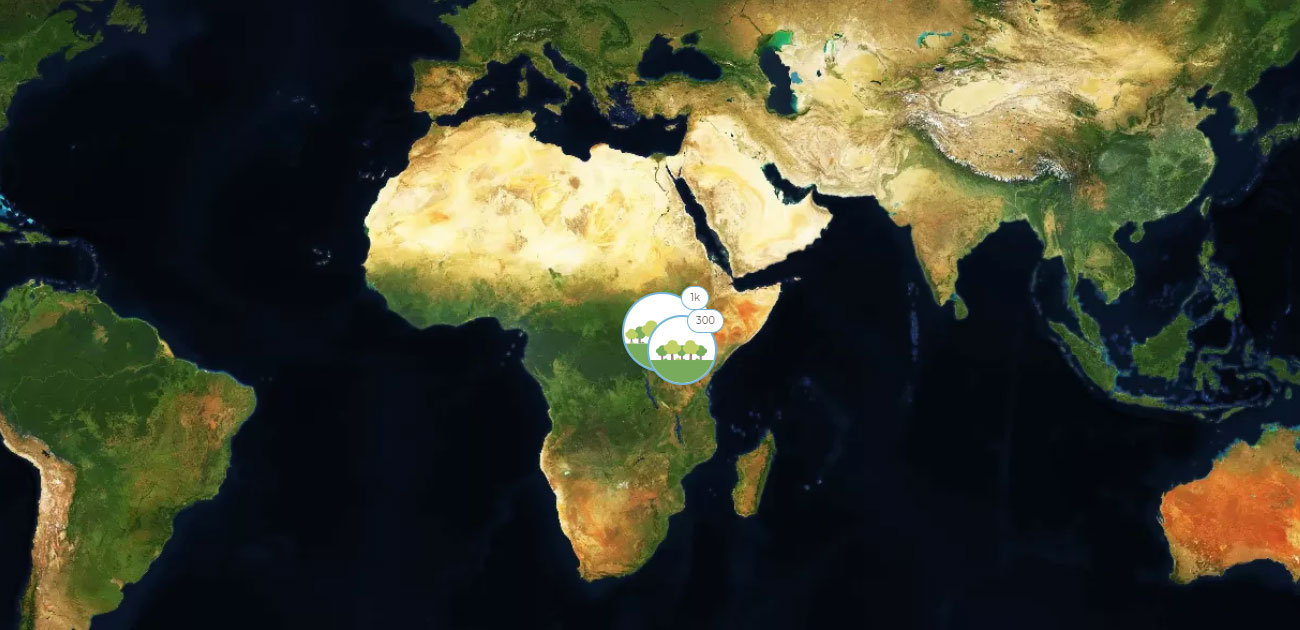Net Zero Strategy
Ambienta has established a Net Zero Strategy to decarbonize its own operations and has become Climate Neutral.

As a leading sustainability-focused asset manager, and a proud signatory of the UN Principles for Responsible Investment (UN PRI) since 2012, taking an active role in achieving net zero is an economic imperative for us.
As such, in 2019 the firm committed to Net Zero by 2030 at the UN Climate Change Conference COP25 and achieved Climate Neutral label already in 2020, confirmed for a fourth consecutive year in 2023.
This certification is the first achievement of Ambienta’s industry-leading Net Zero Plan, which aligns with the firm’s core sustainability mission and ambitions set with respect to climate change mitigation. The Plan is rooted in the firm-wide Net Zero Policy which outlines our approach and guidelines to achieve and maintain net zero emissions. The Plan rests on three main pillars:
- decarbonization of company’s operations
- meaningful offset projects
- guidelines for promoting climate consciousness among stakeholders.
Decarbonization of company’s operations
As a responsible asset manager, we take every opportunity to engage on environmental issues in our operations across all offices, in line with a global commitment to curb greenhouse gas emissions. We are shifting our offices to renewable energy working alongside our tenants, increasingly reducing business travel by establishing video conferencing policy for all meetings including boards and investment committee and we are encouraging employees to switch to electric mobility.
Ambienta’s emissions in 2022, calculated in line with the GHG Protocol requirements, were equal to 519 tCO2eq split as follows: Scope 1 – 38.6 tCO2eq, Scope 2 – 6.2 and Scope 3 – 474.2. Emissions have declined by about 8% compared to 2021. Please note that all our Scope 3 emissions related to our investments across asset classes are reported in our PAI Statement.
Offset projects
Ambienta seeks to invest in meaningful carbon offset projects aimed at reducing emissions from conservation, sustainable management of forests and enhancement of forest carbon stocks, contributing extensively to climate change mitigation efforts.
To achieve neutrality, Ambienta invested in the following projects:
- In 2020: Kariba REDD+, a conservation project in Zimbawe, and an afforestation initiative in Kenya, a unique project that enables to support reforestation and replenish depleted areas while providing local communities with alternative income solutions deriving from agricultural practices
- In 2021: Maisa REDD+, an Amazon Forest conservation project in Brazil
- In 2022: Rosewood Amazon Conservation (RMDLT) REDD+, a tropical forest conservation project in Brazil
- In 2023: Envira REDD+, a tropical forest conservation project in Brazil
The Envira REDD+ project
The Envira project, located in the municipality of Feijò, Acre (Brazil), protects 39,300 ha of tropical forest by reducing deforestation pressure, mainly through the involvement of a large landowner, willing to forego plans to convert the forest in large-scale cattle ranches, and numerous activities to assist local communities (including offering of agricultural extension training courses, granting land tenure, establishing alternative economic activities, implementing a health centre with a dental clinic, and more). The project mitigates the release of more than 1 million tons of CO2e per year and preserves the areas rich biodiversity, in addition to fostering economic opportunities for local communities.
The project directly supports the 2030 Agenda for Sustainable Development by contributing to the UN Sustainable Development Goals (SDGs).

Ambienta Seeds the Change
Kenya is crossed by the Equator from east to west and by the Rift Valley from north to south. Because of the Rift Valley, the Kenyan territory also includes many freshwater and salt lakes, and display a widespread geothermal activity.
Ambienta started supporting in 2020 a large-scale reforestation initiative in Kenya to replenish depleted rural areas by involving local institutions and providing local communities with alternative income solutions deriving from agriculture practices.
